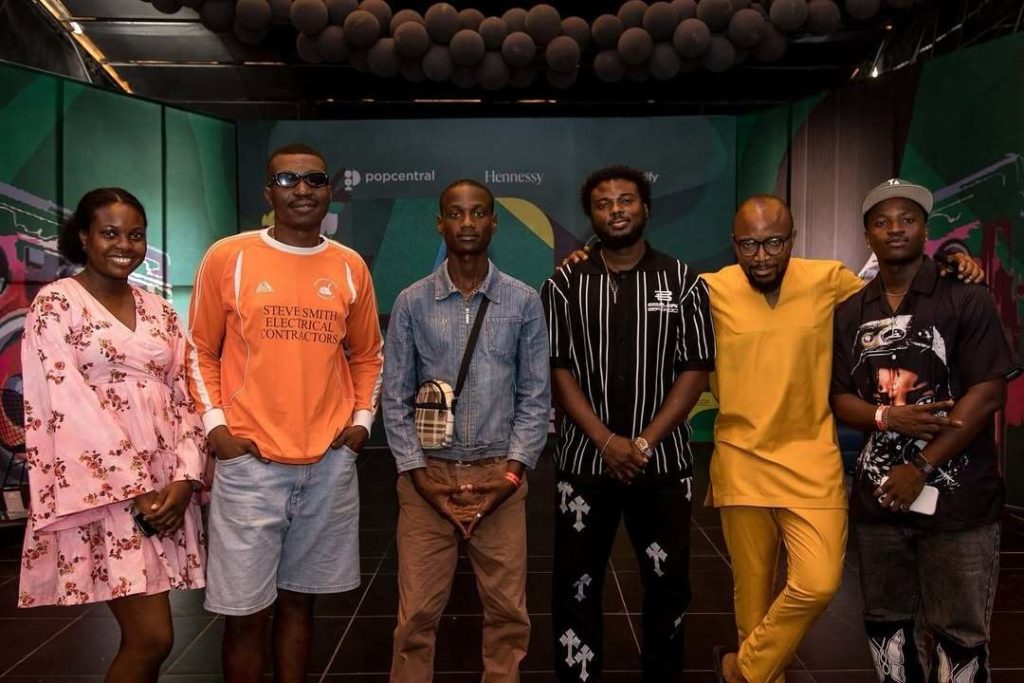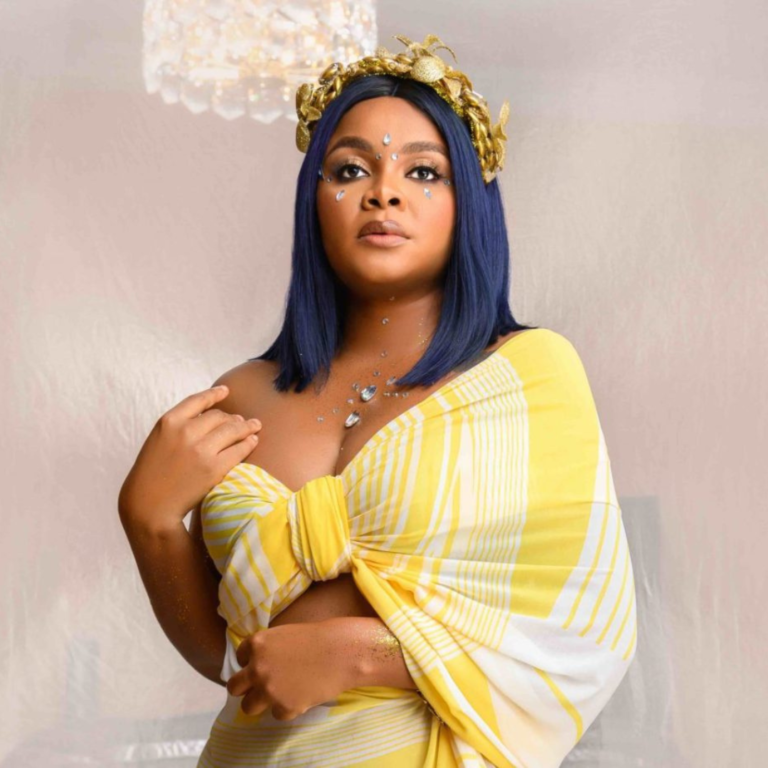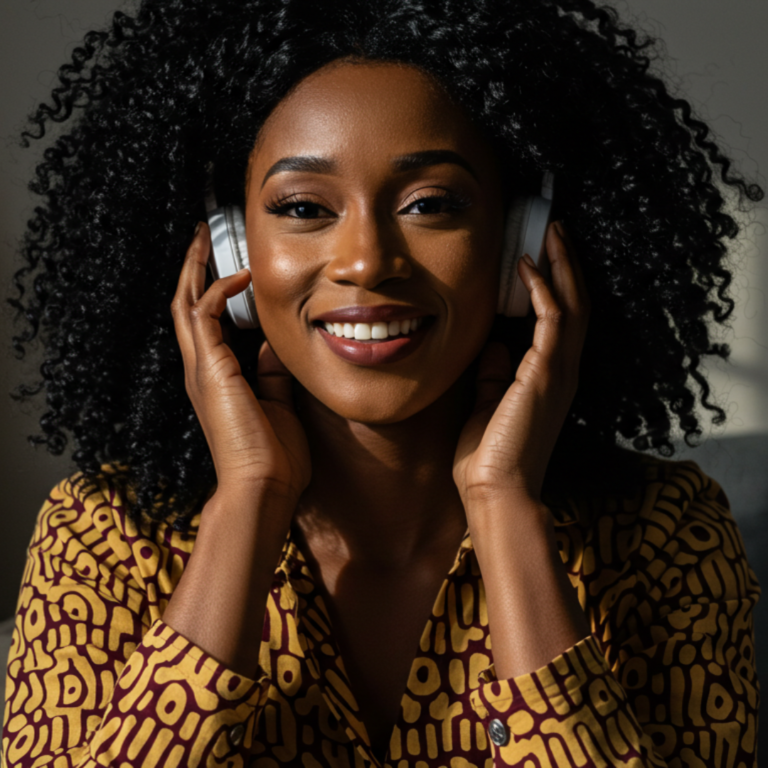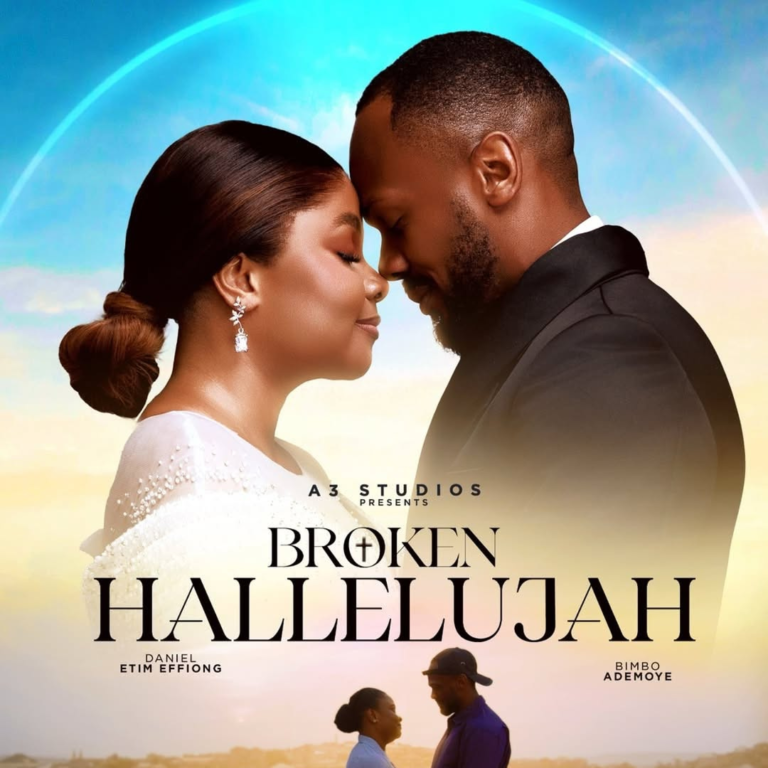Detty December is here and outside is active with a music concert or carnival or beach party or an exhibition popping here and there. As a real outsider who doesn’t carry last, I already drew up a list of everywhere I’ll do Ìtalawà this period: one of them is Pop Central’s “70 Years of Music In Nigeria” 7-day exhibition.
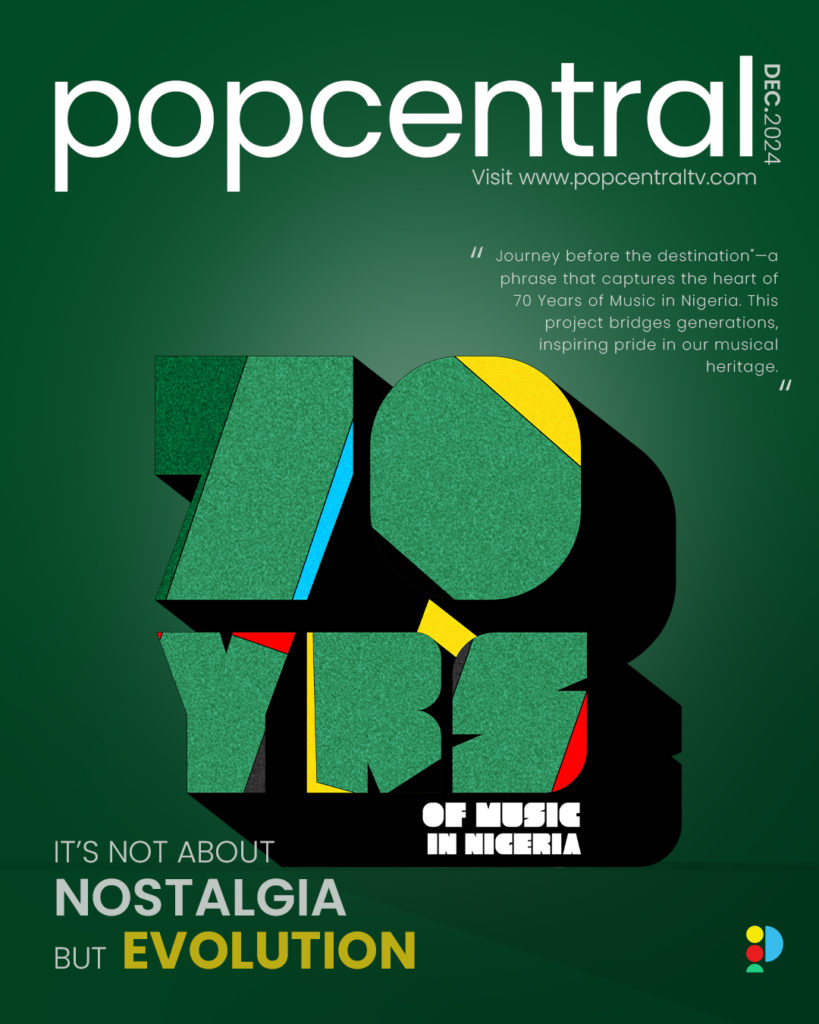
Not everyday loud music and amapiano dance, I wanted to feed my eyes with music art display and learn while at it too. My experience throughout the event turned out educative, fun and immersive than I imagined it’d be. My observations about this programme opened itself up into the things that it’s knowingly or unknowingly doing. Here they are:
History and culture custody
If the Nigerian music industry had a protest against its ecosystem, the most popular cry, which is valid, on placards would be “We have no structure.” If there’s a solid structure, it starts with recognising our history, taking from the past the gems and lessons that we need for the future, and providing platforms for brilliant professionals to share knowledge and execute along with others to build.
It exhibited relics of King Sunny Ade and painted artworks of numerous Nigerian musicians from the dead to the present. It also exhibited old copies of Nigerian pop culture and entertainment magazines like Hip-Hop World Magazine. There were even cassette tapes of artists like Junior N Pretty and Chrtisy Essien-Igbokwe and vinyls of Fela Kuti, Victor Olaiya, and many more.
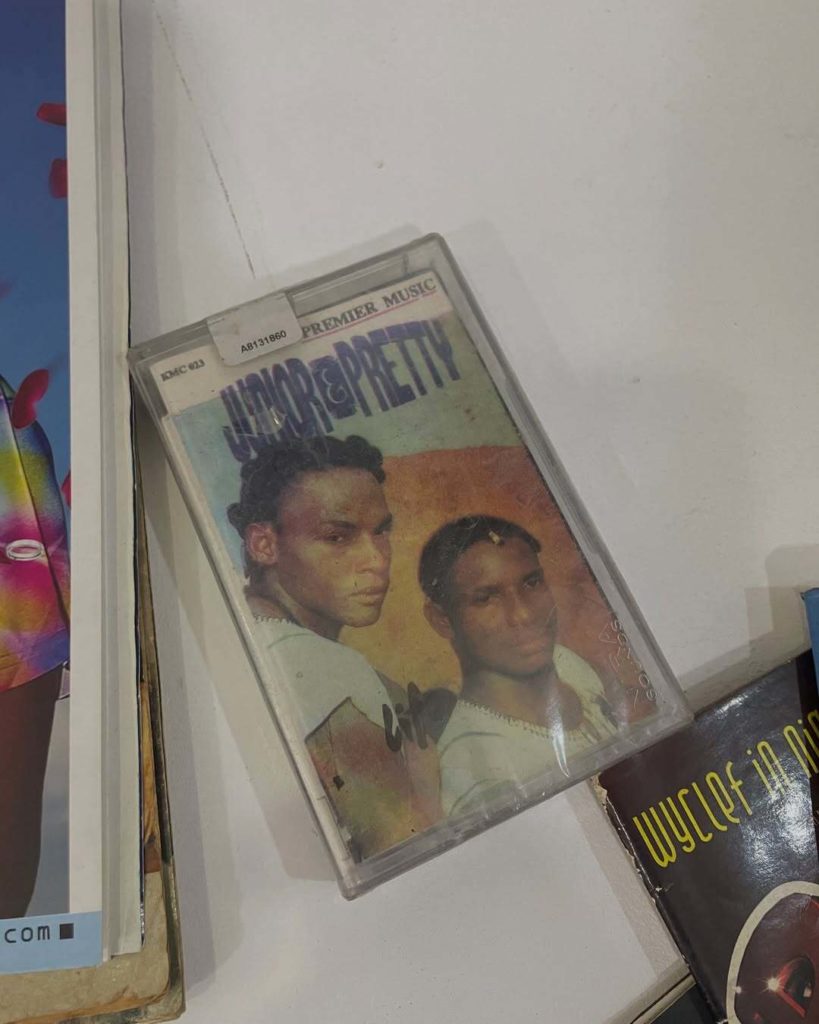
Learning and interactive space
Pop Central is currently one platform that does all of the above. Its “70 Years of Music In Nigeria” programme has hosted town hall sessions with experienced and professional media and music industry players like Sam Onyemelukwe, Joey Akan, Jide Taiwo, Ayomide Tayo, Favour Agbai, etc., to discuss issues like the importance of music to young people, gender gaps in leadership in the music industry, paying tribute to Nigerian young music legends, etc.
This event’s also a bridge for older and younger generations of artists and creatives, music entrepreneurs and enthusiasts, media personalities, etc. to connect, have conversations, share perspectives and make meaningful relationships that progress the industry.
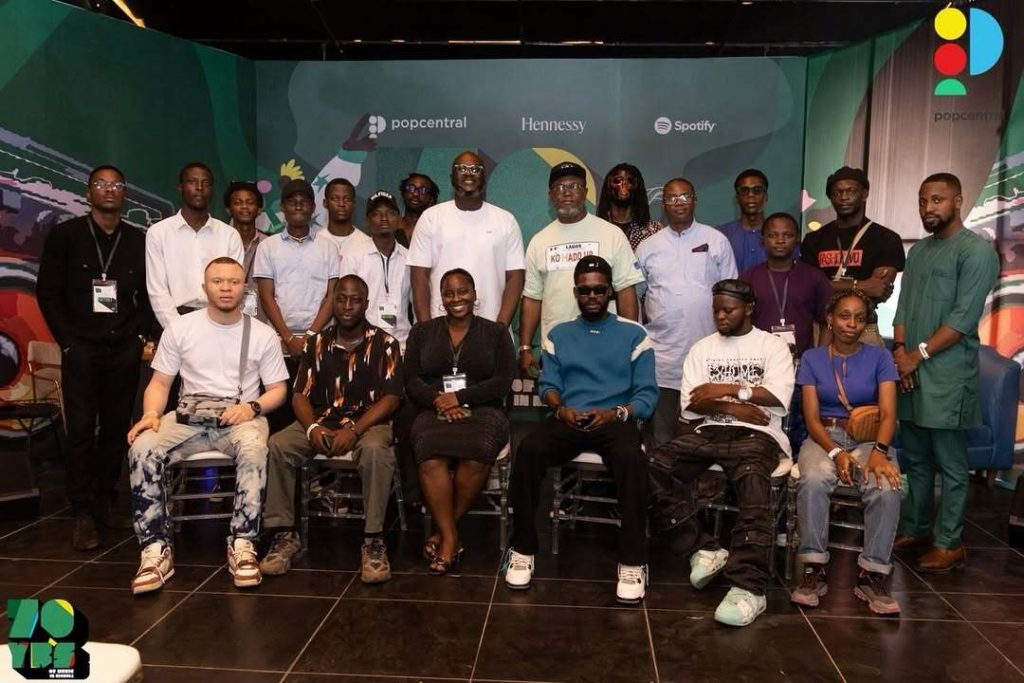
Platform for young creatives
The event wasn’t limited to music-inclined people and its business(wo)men. It served as a showcase for young Nigerian painters, designers, and creative directors. The artworks exhibited in the Pop Haus were made by artists like Toyo Jo, Precious Egbugara, Ifeoluwa George, Dami Diamond, and many more.
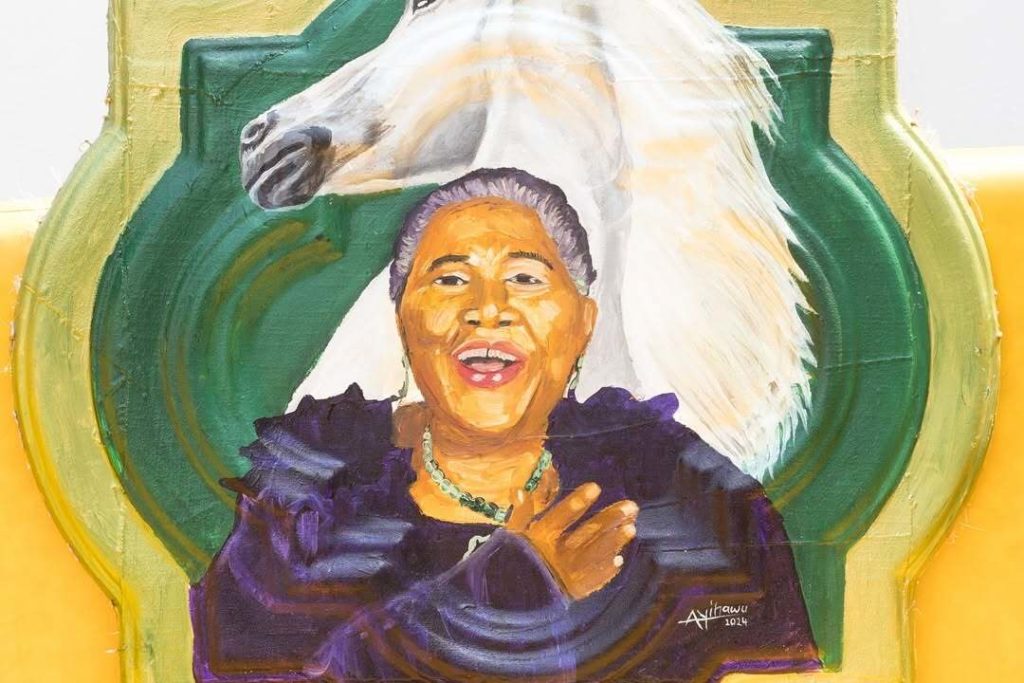
Therapy for artists
The town hall sessions make space for difficult questions and honest conversations between the speakers and the audience. An example was Joey Akan’s session about the importance of social media in music on December 19th. He interacted with everyone in the room, particularly an artist who started putting out music professionally in 2023. They talked about his consistency, positioning, promo and marketing. The artist’s apparent dedication to building his fan community impressed Joey Akan, who promised to listen to and share his music with some important people if it’s excellent.
